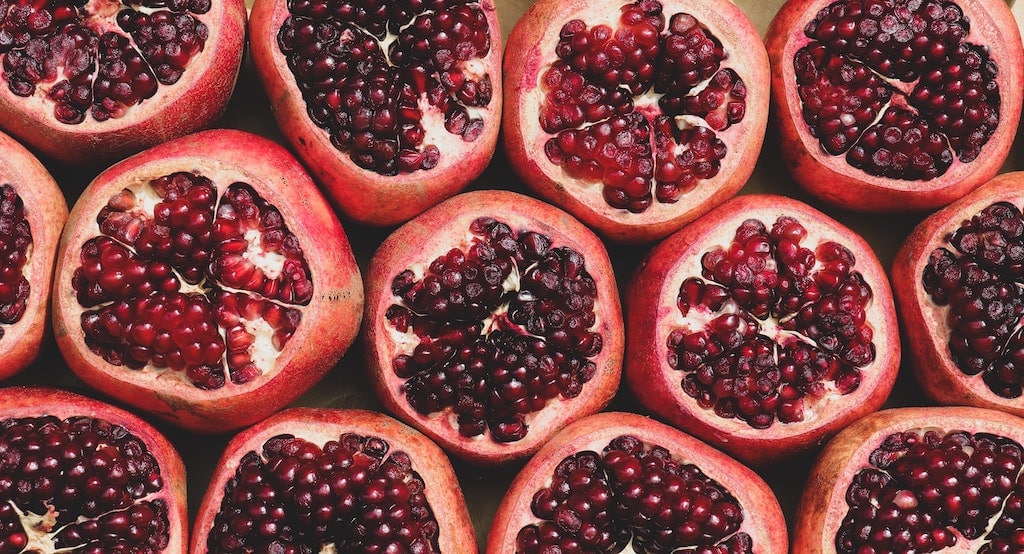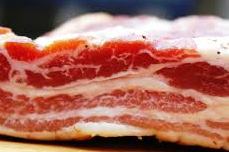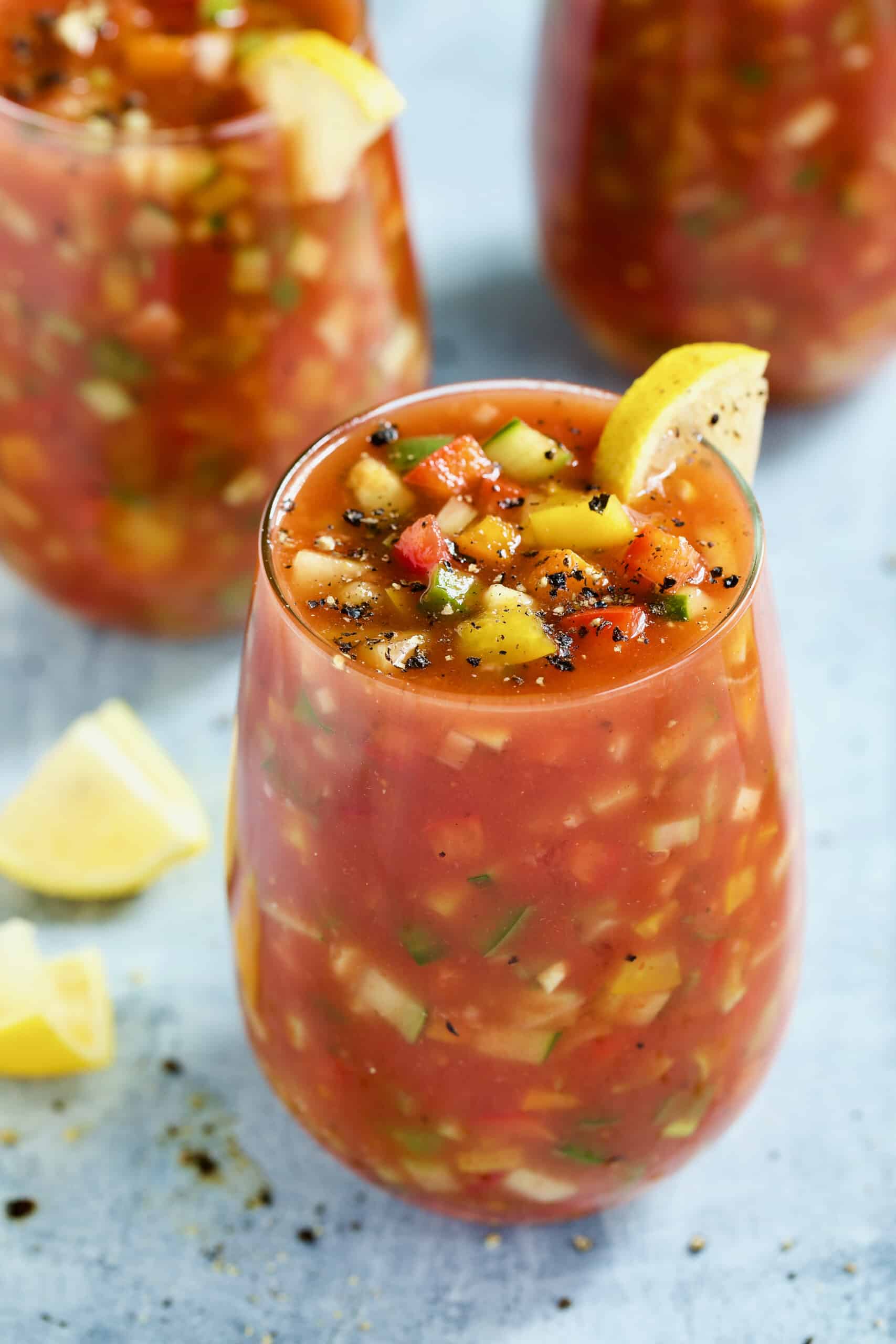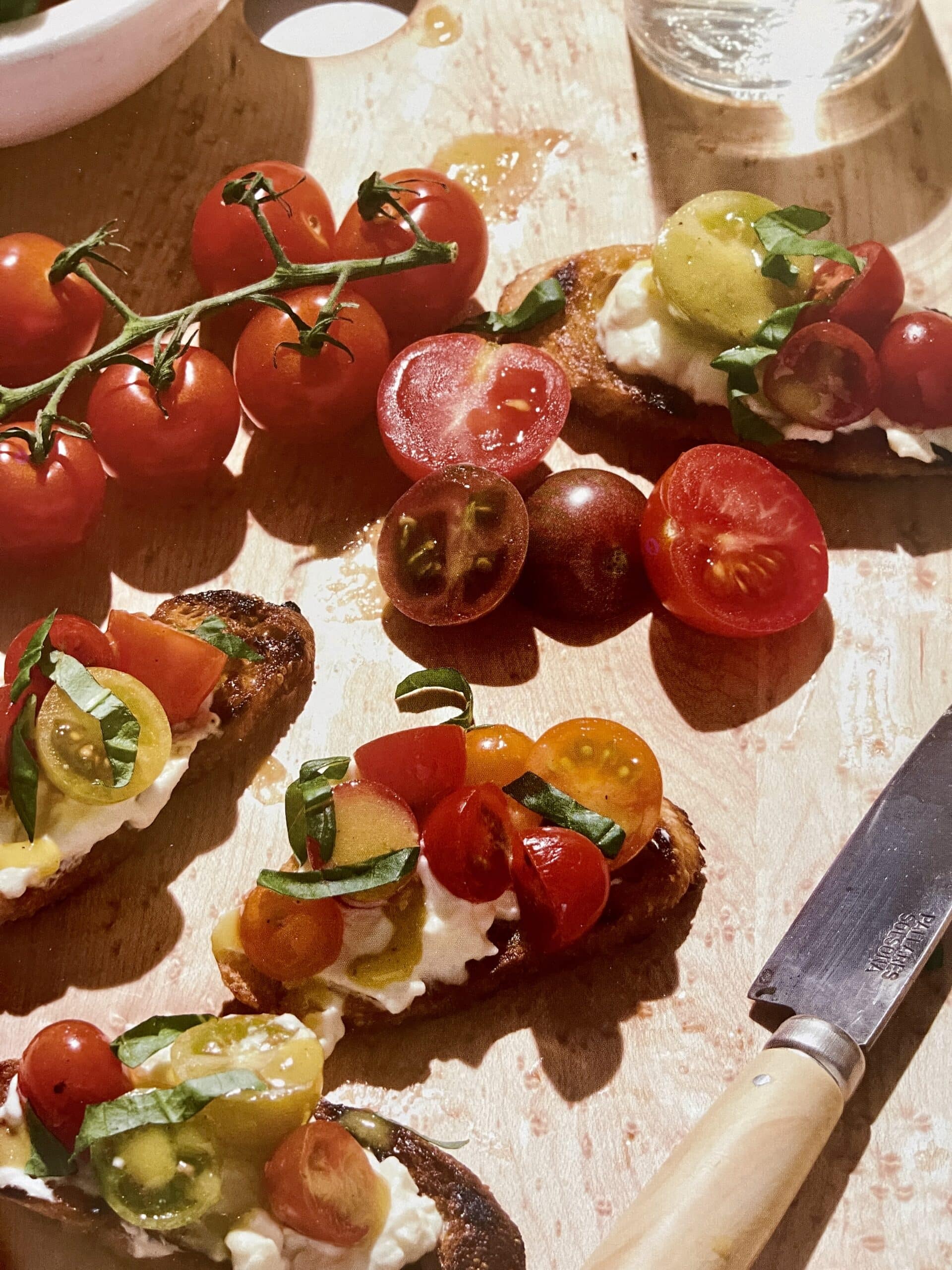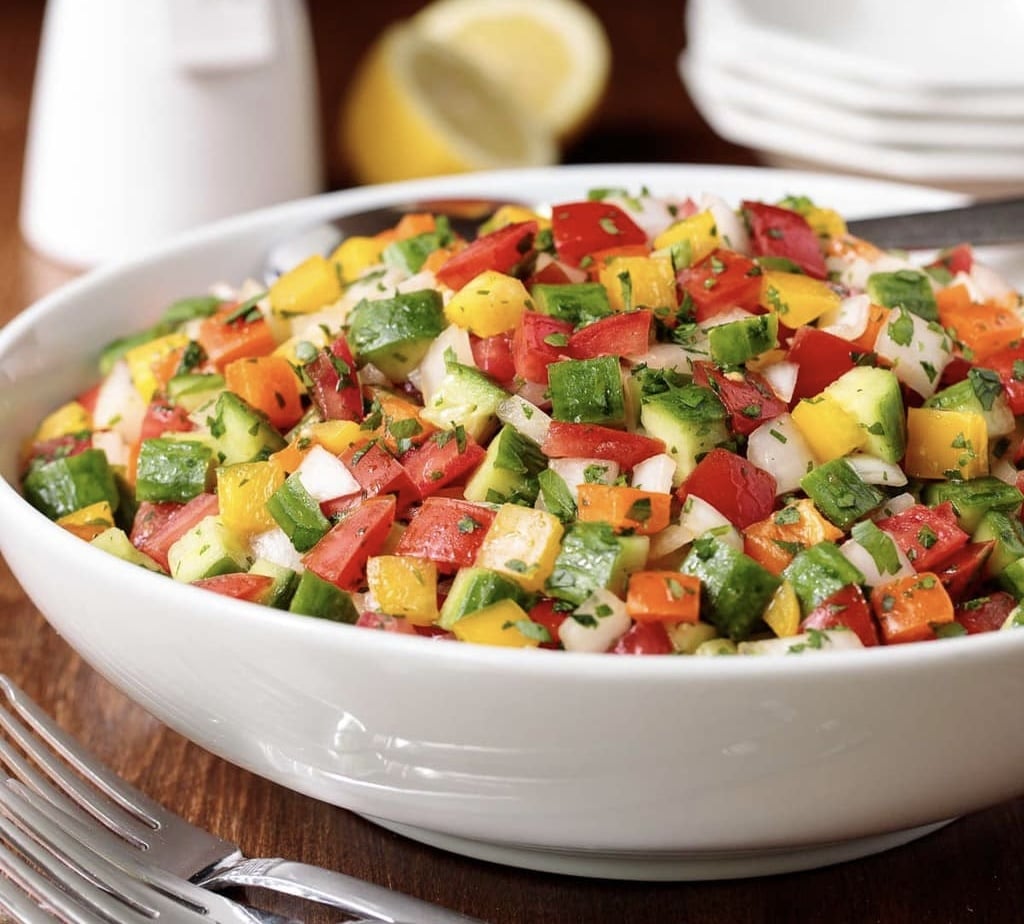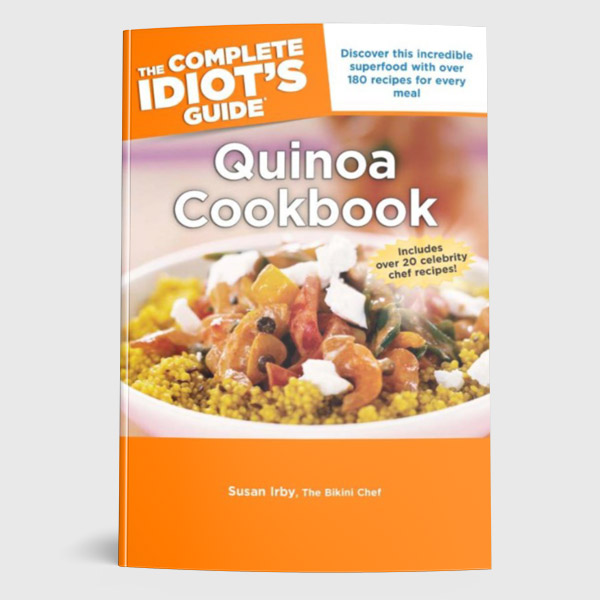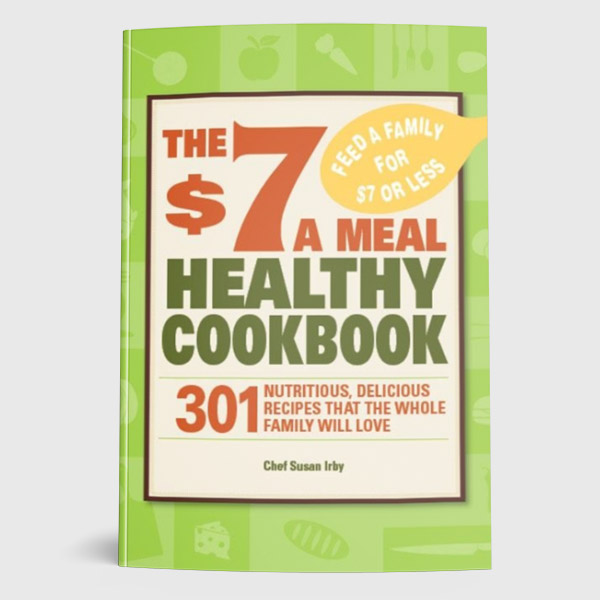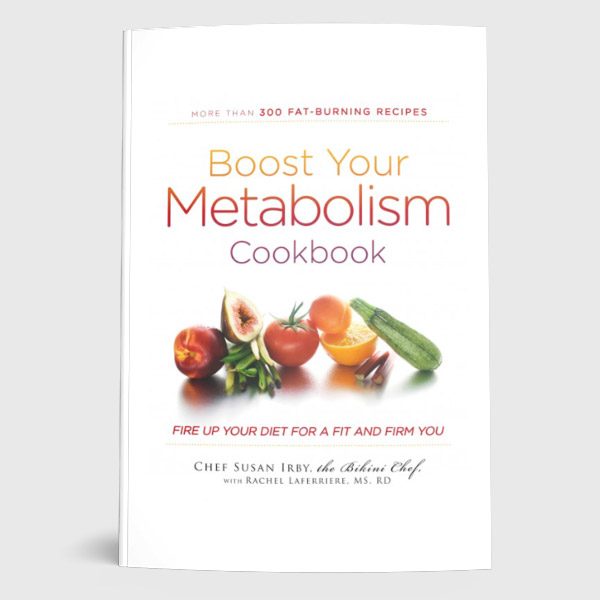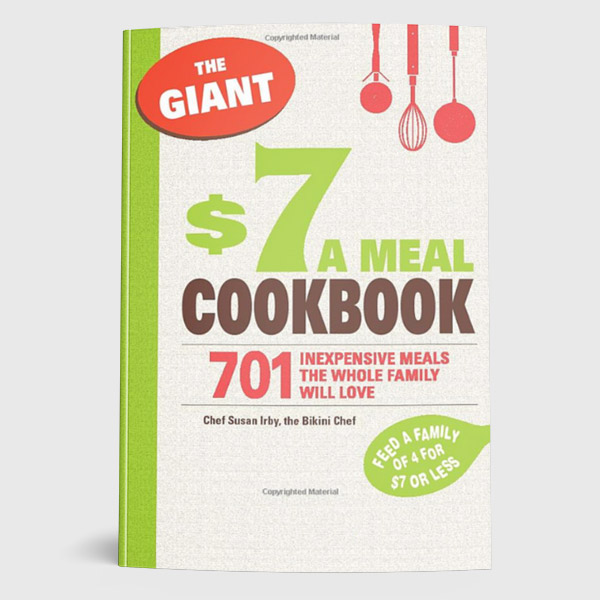The Power of Plant-Based Proteins
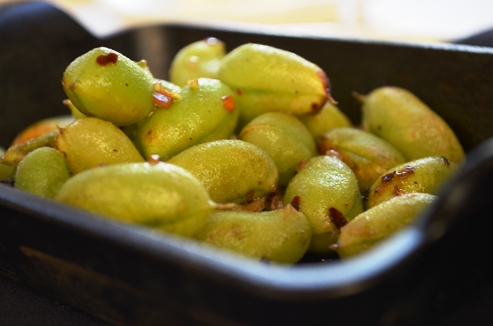
You don’t have to be a vegetarian or vegan to enjoy the powerful health benefits and delicious flavors of plant-based proteins. What are plant-based proteins and why are they so powerful, anyway? Plant-based proteins are those that, well, come from plants, of course! They often get overlooked and undervalued because let’s face it, the words “plant-based” don’t sound that exciting. However, there are lots of reasons to jump for joy when it comes to eating plants, especially those high in protein.
First, plants, in general, are super versatile. Spices like turmeric, cumin, paprika and just about all the spices complement plant-based foods, especially those with protein. Other ingredients to flavor your plant-based proteins… more plants like fresh herbs of basil, parsley, dill, rosemary, cilantro and the citrus fruits go a long way in perking up recipes.
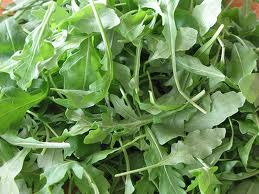
Plants are a real powerhouse when it comes to achieving and maintaining a healthy weight. Most plants rate high on the fiber scale, which is one of the key elements to weight loss. Plants, in general, are packed with essential nutrients that boost the immune system and keep the body working effeciently. Typically, plants are lower in calories, low in fat or even naturally fat-free, and low in sodium. There’s nothing artificial about plants.
One of the reasons I believe plant-proteins can be so powerful and why many have such strong health benefits can be found when you look to where and how they grow. Many of the plant proteins I discuss here come from ancient civilizations and rugged terrains. Just like our physical bodies, when our strength is tested and our bodies pushed beyond what we imagine to be our physical limit, we become stronger and more resilient, so are these seeds and grains. Sprouting up through the earth in high desert terrains, rain forests, constantly being tested to survive among the elements. This theory may not be quite as true now because crops are harvested, but the heartiness of the seeds and grains dates back thousands and thousands of years. I digress.
Now for the protein. No matter how active your lifestyle, protein is essential for building strong muscles and plays a key role in muscle repair. And, eventhough I love a good steak like a lot of people, keeping red meat to once or twice a month can be beneficial to the heart. I know, the carnivores out there will hate that statement, but it’s true. Red meat tends to be more fatty and a lot of people don’t choose the leaner cuts of meat like bison and fillet mignon. While I am not advocating giving up meat proteins entirely, adding plant-based proteins to your diet can make a big difference in how your heart performs and your digestive system.
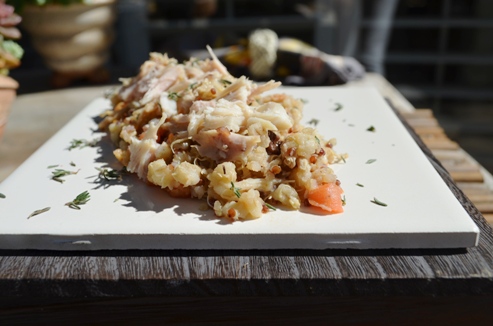
Here are some interesting, powerful and delicious plant-proteins to consider:
Spice up some peas – pea protein contains essential amino-acids that can help lower cholesterol and aid in muscle recovery. Two tablespoons of the average pea protein powder contains a whopping 28 grams of protein. Great as post-workout recovery drink, add a scoop to almond milk along with a dash of cinnamon for a flavorful shake.
Look to Peruvian seeds – seeds like quinoa and sacha inchi have been cultivated for centuries and for good reason. Quinoa, one of my favorite superfoods (see The Complete Idiot’s Guide Quinoa Cookbook), is one of the few complete proteins and delivers 8 grams of protein, 5 grams of fiber, key minerals like folate and magnesium all in one cup of the cooked grain (that’s really a seed). Add cooked quinoa to salads, substitute for white rice in recipes, and look for it as pasta.
Sacha inchi seeds are cool little seeds that are also known as small nuts and have a high concentration of digestible protein, about 9 grams per ounce. Roasted and eaten as snacks, sacha inchi seeds produce more Omega-3 fatty acids per serving than salmon and contain vitamins A and E which have anti-aging properties. The seeds are also cold pressed making sacha inchi oil which contains no cholesterol and can be used in salad dressings and in other dishes where you would commonly use olive or grapeseed oil.
Go for Brown rice – add a side dish of brown rice to your meal. One cup of this cooked rice contains 5 grams of protein and 4 grams of fiber. Also available as a powder, brown rice protein powders provide nearly 12 grams of protein per two tablespoons. Mix the protein powder into breakfast shakes or enjoy as a mid-day snack.

